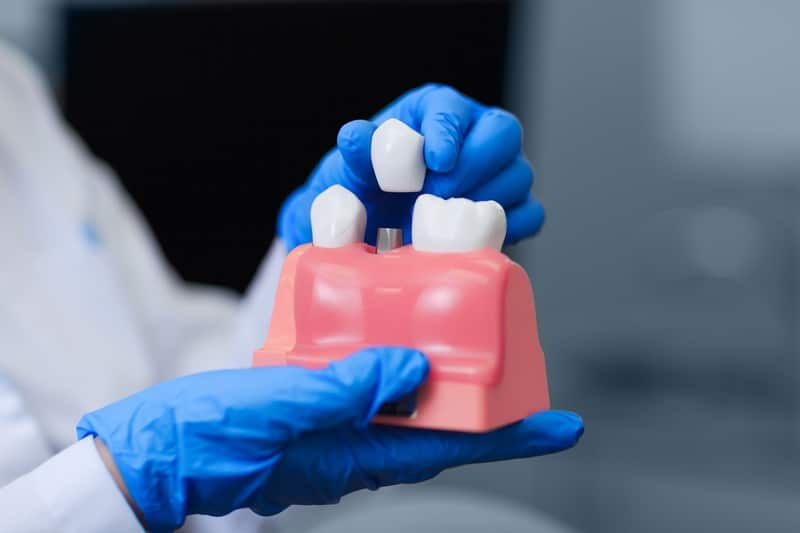Dental implants are a fantastic solution to restore missing, damaged or broken teeth, allowing you to improve the functionality of your teeth and enhance your natural smile.
After all, if you are not happy with your smile, this can have a huge knock on effect on your confidence, self-esteem and social skills.
If you’re considering implants, but you are unsure how many you can have, you have landed in the right place. We’ve created a helpful guide outlining everything that you need to know.
Factors Affecting the Number of Implants
Dental implants are widely considered as being one of the best tooth replacement solutions available, allowing you to enjoy excellent results when it comes to restoring your natural smile. This is because they are designed to mimic the look and function of real teeth and offer optimum longevity, providing that you care for them correctly.
However, how many implants you can get depends on a number of different factors including their position in your mouth. For example, if you have one missing tooth or multiple that are not adjacent to each other, you should consider opting for a single tooth dental implant.
On the other hand, if you have multiple missing that are adjacent to each other, this might not be the best option. Instead, you will need to consider multiple tooth replacement as an option.
Single Tooth Implants vs. Implants for Multiple Teeth
Replacing a single tooth with an implant is a great way to restore one or two that are missing. However, to undergo the dental implant procedure for single tooth replacement, it’s important that your teeth and gums are as healthy as possible. Your dentist will complete a thorough examination prior to your treatment in order to establish whether you are a suitable candidate for implants. This is because, it’s important that you have sufficient jawbone to support the dental implant.
Implants for Multiple Tooth Replacement
Implants for multiple tooth replacement are often paired with implant-supported bridges, which are used to replace more than two teeth or a full arch of teeth. This allows three or more to be replaced using only two implants.
The Number of Dental Implants You Can Have
-
How many implants can you have in a row?
Depending on your individual requirements, dental implants can be used to replace a single tooth or an entire row of teeth, making them an excellent choice for completely restoring your smile.
Of course, with any cosmetic dentistry treatment, each case is assessed on an individual basis, in order to establish the best course of action for your needs.
-
Can I have 2 implants next to each other?
Yes! A patient can have several implants placed at the same time. However, you will need to consider a number of different factors including time, the cost of the implants and the position of the teeth you need restored. For example, if you have two consecutive teeth missing, you may only need one implant for both. However, if you have lost your two upper front teeth, single implants next to each other will achieve a better aesthetic result.
-
How many implants to replace three, four or five missing teeth?
If you have three, four or five missing, it is still possible to use two dental implants to restore your smile, and suspend those that remain between these dental implants. Of course, if you are looking for optimum functionality and aesthetic appeal, you may need more than two implants to achieve the desired results you are looking for.
-
How many implants to replace more than five missing teeth?
As a general rule of thumb, if you are looking to replace 5 or more missing teeth in a row, depending on where the teeth are positioned, you will probably require 3-6 dental implants.
Ready to Have Dental Implants?
Boutique Dental 23 in Wigan offers a range of dental care services performed by a team of expert dentists. Whether you need to fix a chip or close an unwanted gap, they have the perfect solution.
To arrange a consultation or for more information about dental implants, get in touch with the friendly team today.

